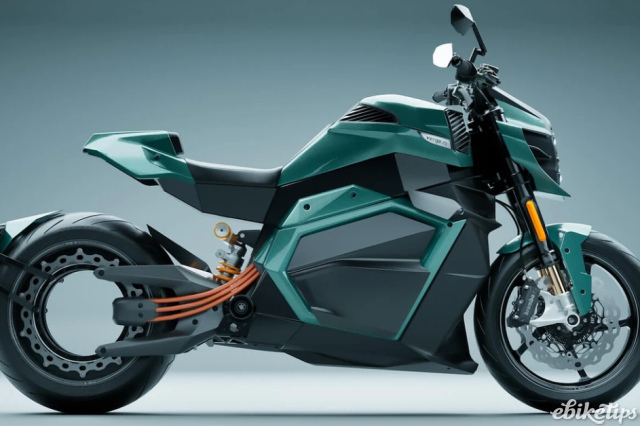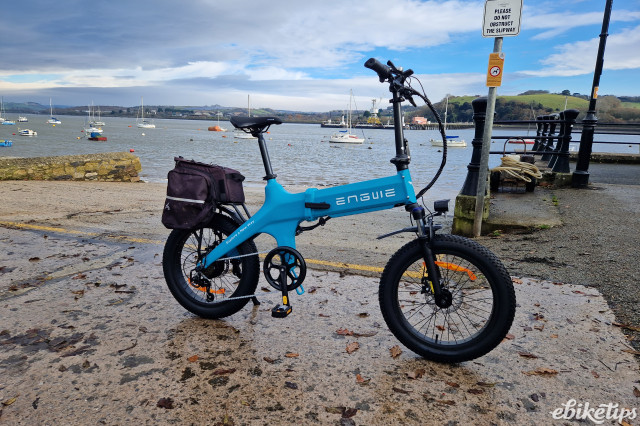The UK public finally has a degree of clarity on the legal status of privately owned e-scooters. A new Transport Bill, introduced in the 2022 Queen’s Speech, will make them legal through the creation of a low-speed, zero-emission vehicle category. There is no word yet on exactly when this will actually happen however.
For the time being, the facts you’ll find in our guide to when and where you’re allowed to ride an e-scooter still apply. Only rental e-scooters that are part of a government-approved share scheme can legally be ridden on public roads (including some that can be rented on a long-term basis). While it is perfectly legal to buy an e-scooter yourself, you can’t actually ride one anywhere other than on private property.
This last element is set to change however, as we reported a couple of weeks ago.
Following an announcement in the Queen’s speech, under-secretary of state for transport Baroness Vere elaborated on how a new vehicle category will be created to help regulate e-scooters.
“Safety is also at the heart of our plans to create a regulatory framework for smaller, lighter, zero-emission vehicles, sometimes known as e-scooters,” she told the House of Lords.
“Their popularity is clear, and new rules are needed to improve safety and crack down on illegal use while unlocking innovation and growth in this emerging multi-billion pound industry.
“To that end, it is our intention that the Bill will create a low-speed, zero-emission vehicle category that is independent from the cycle and motor vehicle categories.
“New powers would allow the Government to decide the vehicles that fall into this new category in future and how they should be regulated to make sure that they are safe to use. We hope that e-scooters will be the first of these vehicles.”
Baroness Vere’s comments suggest the government could introduce something akin to the e-scooter and light electric moped category that was recently added to France’s traffic code.
This covers 25km/h (15.5mph) electric vehicles without pedals. Riders of such vehicles need to be at least 12 years old and while a helmet is not compulsory, civil liability insurance is.
The i reports that it has been recommended that speed limits for the UK’s proposed new e-scooter category remain at 15.5mph, the same as the current trials. This would keep e-scooters in line with e-bikes.
The BBC reports that earlier this week a petition calling on politicians not to legalise the use of private e-scooters on public roads was delivered to Downing Street. The petition also calls for a ban on their sale.
Sarah Leadbetter, a campaigns officer for the National Federation of the Blind UK said: "I have been to a number of the e-scooter trial areas and I have not felt safe.
"I have also recently walked around my home city of Leicester where there is no e-scooter trial, however, I was shocked as there are many people using private e-scooters with no concern for mine or other pedestrians' safety.
"If Grant Shapps legalises e-scooters, we can wave goodbye to our pavements."





